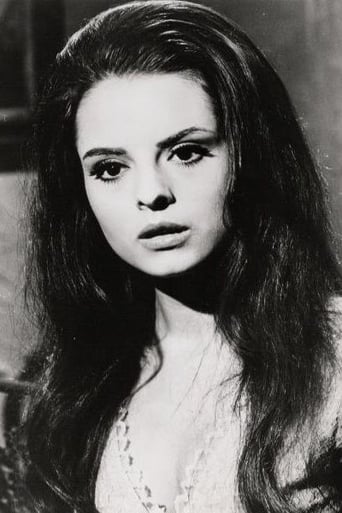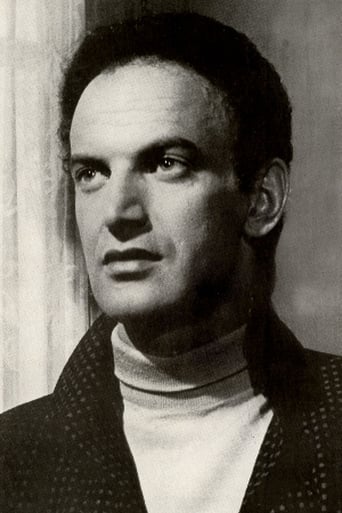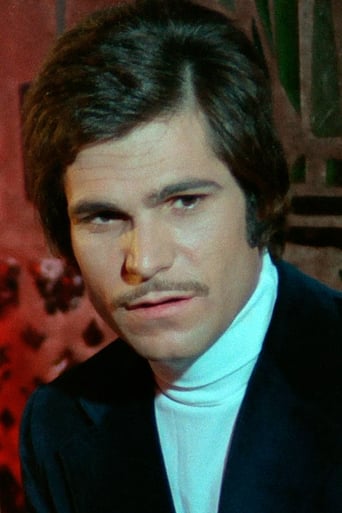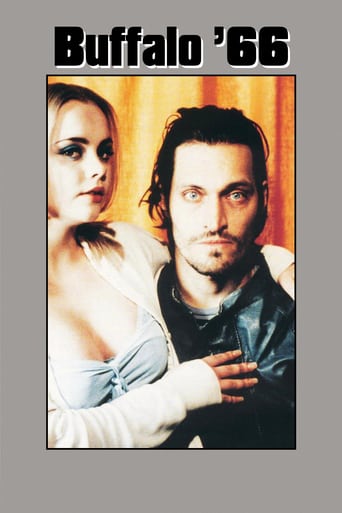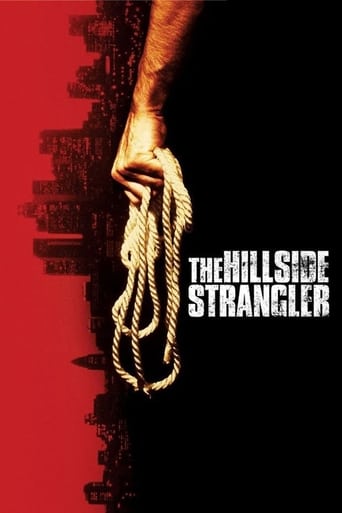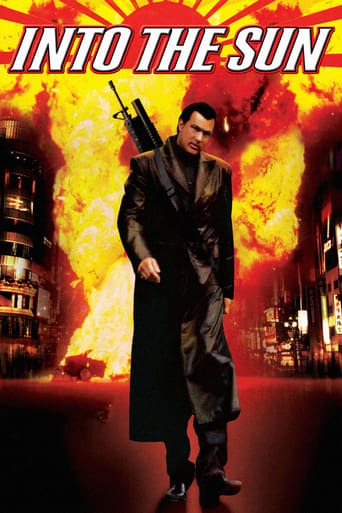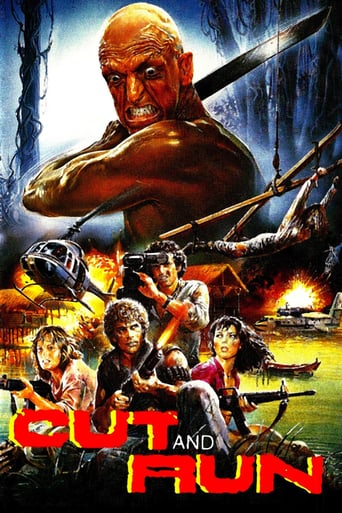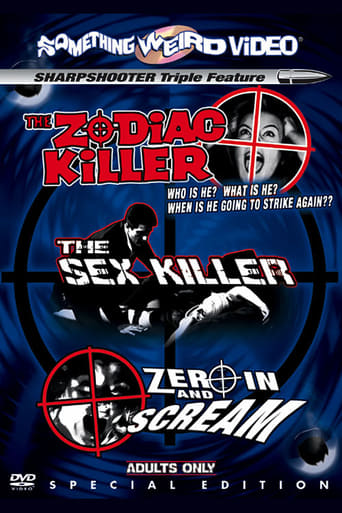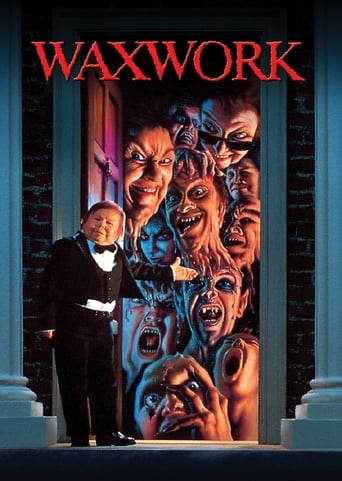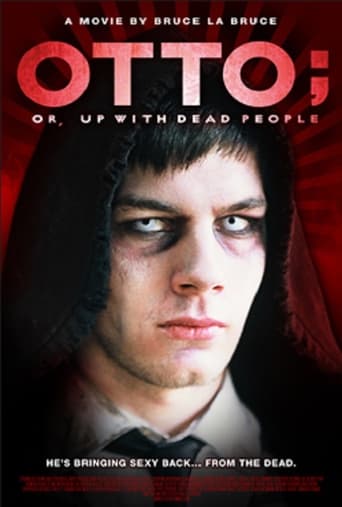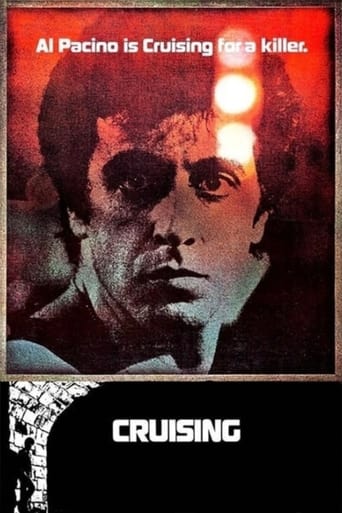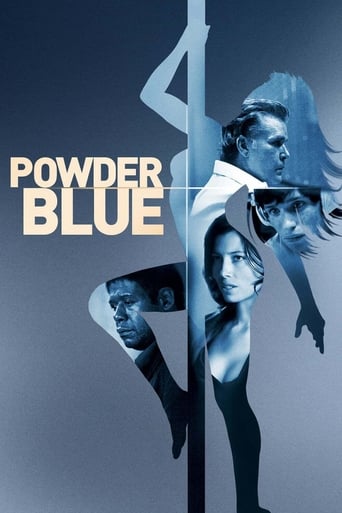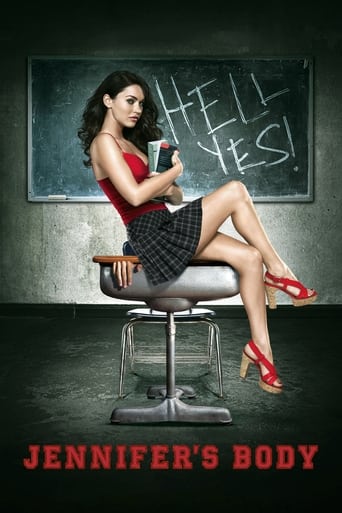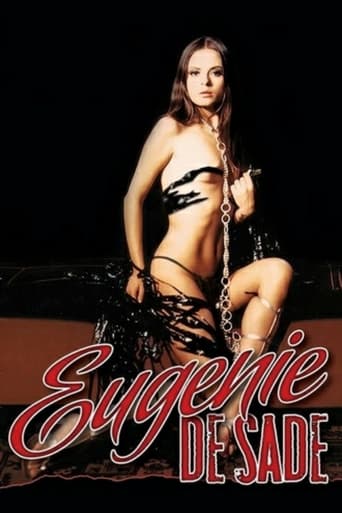
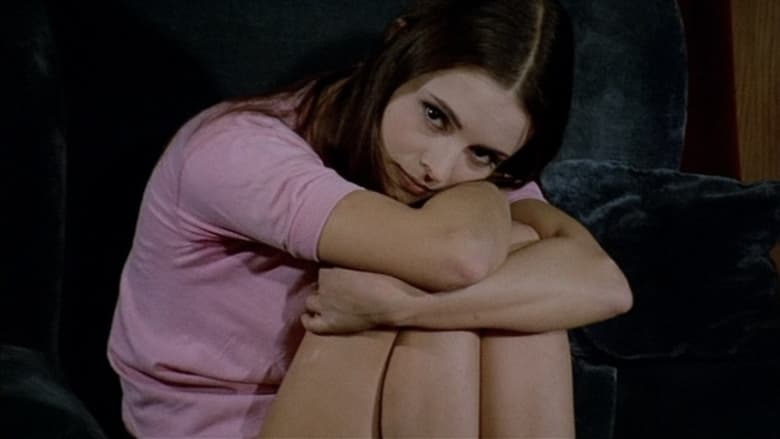
Eugenie de Sade (1973)
Eugenie, a beautiful but shy young girl, lives with her stepfather, a famous writer specializing in stories of erotica. One day she happens to read one of his "erotic" books and its power so affects her that begins to find herself sexually attracted to her stepfather. He notices this, and eventually brings her into his dark world of sexual perversion and murder.
Watch Trailer
Cast


Similar titles
Reviews
The Worst Film Ever
Simply Perfect
Although I seem to have had higher expectations than I thought, the movie is super entertaining.
The movie turns out to be a little better than the average. Starting from a romantic formula often seen in the cinema, it ends in the most predictable (and somewhat bland) way.
Is 'Eugenie de Sade' simply an excuse for Spanish Director Jess Franco to film as many shots of Soledad Miranda's semi-naked body as possible? What do you reckon? Did he even need an excuse? Whether curled up in front of the fire, walking through the snow in a large hat and leather coat or sprawled out on the bed, Miranda (who plays Eugenie) is a true presence. Not just because she is stunningly beautiful. She exudes more than that. The fashions from Franco's projects from this period (or many projects from this period) often strip anyone of dignity or appeal, but Soledad somehow rises above the red leather boots and the outsized shades etc, remaining captivating throughout. And mainly, as is proved here several times, she was a terrific, uninhibited actress.Here Eugenie recounts the film's story whilst lying broken in a hospital bed – horribly pertinent since Soledad was dead by the time of the film's release. She relays her story to writer Atilla Tanner (Franco), who wishes to write a book about her father Albert's life. He shadows her throughout the story, not condoning nor condemning her actions.Albert Radeck de Fanvel (Paul Muller) is a writer of erotic books – when his daughter discovers one, it opens her mind to a new world of desire, and this is centred upon her father. They agree to go on a murdering spree, with Albert taking pictures whilst Eugenie commits the atrocities.One such moment involves inviting a blonde Austrian hitch-hiker back to the family home, where a drunken evening brings on a selection of increasingly uncomfortable 'games'. There is a definite sense of dread, because we are sure the girl will be murdered – but what form it will take isn't revealed for a while, until things have become progressively perverse. All of this fuels their desire for one another.This is rare for Franco in that the intended 'eurotica' is actually erotic. No ham-fisted fumblings here with the camera trying to keep up with things. When one of their victims is young, male and handsome (Paul, played by André Montchal), the inevitable happens, and Eugenie falls for him. Dad, who killed his wife for her unfaithfulness, is not happy.One thing that separates this from many Franco films that are usually bathed in searing sunshine and exotic locales, is that this is set during the winter, and a pretty heavy one at that. It adds an extra element to the bleak unreachable debauchery of the father and daughter's murderous escapades in what is often a three-hander: Miranda, Muller and Franco.Only the ending lets things down a little. Low-key is one way of putting it. Like other such films, it doesn't end, it just sort of stops, with (in this case) Franco as the last performer we see – and for all his skills as a director, his acting pales in comparison to everyone else on screen. A beautiful film, though, and probably the best showcase of Soledad Miranda's talent.
If Franco did a single great thing in his tortuous career, that was discovering Soledad Miranda.Forget what the plot is supposedly about. If you don't have the DVD, there's an accompanying interview with Franco on making the film. His discussion of De Sade and how that informs his work is as boring as De Sade's own writings, but look how he lights up when he starts talking about Soledad. As an old man, you can tell he is still touched by having known her. It is the same mystique that enthralled Von Sternberg to Dietrich.Born, according to Franco at least, to gypsy parents, she was a successful flamenco dancer and singer before making the transition to film. I've only seen her in this and Vampyros, she's great in both but in the extraordinary way of dancers. It isn't about acting, she wasn't much good in the sense Streep is good. It's having a presence, enchanting, teasing by simple breath.As Franco talks of her, that segment is peppered with images of her from the film, the rest of the film was beginning to blur but every single one of those I could instantly remember—crouched before a fireplace holding her knees, grazing a thigh, splayed on a bed, pensive with sunglasses in the car, gypsy tinkle in the eye before murder, playful dancing out of her skimpy skirt, I will probably revisit the film years later and be able to recall every pose. And isn't this what the film is about?It's Franco photographing Soledad.There's a surrogate father here who, in essence, takes Soledad on the journey to staged erotic images. Franco is actually in the film as the 'writer' looking for a fascinating character. It's probably his most pure, because it is most purely about his desire to photograph beauty (and murder). The film begins with a softcore scene that leads to strangulation, 'looked on' by Franco as the director. Framed as Soledad's confessional to Franco, the whole film is gauzy, erotic reminisces on a deathbed. So how poignant when you know that she was already dead when the film was released? That, framed as memory, this is the last we'll see of her? And the images? The violence is tame by contemporary standards, which is for the better, fewer distraction. Being so blatantly stagy, it even adds to the effect. And whereas the male-driven story of violence is typically sloppy, the images, Soledad's images as she remembers, attain a unique quality. Soft around the edges, selfless by contrast to Sade's juvenile philosophy of selfishness. Seeing select footage of this at some film festival, you'd call it experimental. Sometimes the camera roams over mundane details, sometimes it floats in air, sometimes it blurs and finds again, faces, textures of weather. It's as if someone is trying to remember, distorting, fixating, carried along by intruding thoughts—a sort of inverse visual Lolita.It isn't self-consciously so, which again is for the better. A filmmaker with a semiconscious talent for images, films a woman (not outright sexy) semiconscious of her allure. It's great if you can drift in that space between them.
Jess Franco has almost 200 directorial credits to his name, so with that in mind; it's not surprising that the vast majority of them are rubbish. Jess Franco certainly does know how to make a bad movie, but clearly he knows his way around a good one too, and while they're in a minority in the man's vast filmography; there are some very good Jess Franco films, and Eugenie de Sade is one of the very best of them! This is one of seven films that Franco directed in 1970 (the second titled 'Eugenie', no less) and it's a film that could almost be considered a shame; because it proves that Franco can be great if he put his mind to it, and I'd rather have ten films like than a hundred cheap and rushed sex flicks. Anyway, the main focus of the plot is the title character; Eugenie is a young girl who falls in love with her stepfather Albert; a writer of erotic fiction, after reading one of his books. It's not long before he notices and despite the incestuous implications of their relationship, he entices Eugenie to join him in his sick sex games that stretch into murder.I have to admit that the main reason I was so keen to see this film was due to the fact that it stars the amazing Soledad Miranda. This actress made a number of films with Jess Franco (including two of his best, Vampiros Lesbos and She Killed in Ecstasy) and it's a real shame that she died prematurely as she was a good actress and a pleasure to watch on screen. I have not seen many of her movies unfortunately, but from the ones I have seen - she is at her best in this one. She fits in brilliantly with the sordid tone of the film and creates just the right balance between innocence and sadism. The style of the movie is very European and Franco obviously valued how important it was to ensure that the film is erotic. There are several standout scenes; the best of which sees Soledad Miranda and Paul Muller entertain an Austrian hitchhiker that they picked up in the middle of nowhere. The film is apparently based on the writings of the Marquis de Sade; not having read any of his material, I can't say how faithful it is but there is plenty of sadism in this movie. The plot is strong for the duration and Franco manages a satisfying ending too. Overall, this is among the cream of Franco's crop and comes highly recommended to all Eurocult fans!
Eugénie(Soledad Miranda)is a willing participant in her stepfather's Sadean games where they carry out planned "erotic murders" with their success deriving from the lack of worry towards being caught. The murders are often well thought out and orchestrated by Albert Radeck(Paul Muller), Eugénie's stepfather, an author of erotic masochistic tales, who delights in the pleasures of the violence and success they have in committing their sadistic deeds. As this process continues, Albert and Eugénie develop a sexual relationship. Albert confesses to Eugénie that he killed her mother for cheating on him shortly after giving birth to her..and foretells his plans of hara-kiri if Eugénie ever cheated on him. Albert develops a fixation with their games growing more dangerous and complex as a nemesis emerges, a writer/intellectual, the acclaimed Attila Tanner(Jesus Franco)who is an admirer of his and disagrees with his chosen path of murder. Albert designs a new mark, a jazz musician named Paul(Andrés Monales)desiring for Eugénie to seduce him..Albert wishes for Eugénie to break his heart so that he can capture Paul's suicide on film. What Albert doesn't see happening is Eugénie's falling in love with Paul...Eugénie, from her death bed recalls her past with stepfather Albert, narrating the events to Attila Tanner.Jesús Franco's film based on a tale from Marquis de Sade certainly captures a sordid atmosphere..I feel the film is challenging the viewer, by displaying the sexual dynamo Soledad Miranda(..a true screen siren who gives over to the role)in skimpy outfits and nude, often writhing in ecstasy on her bed longing for her step-dad's fingers across her flesh, embracing female victims with soft caresses from her touch and tongue, and sitting on furniture curled up like a little girl lost in her own little world of fantasy. I know that she is committing ghoulish acts, yet I find myself lost to her body, her face, her eyes, her entire being. I want to shake off my passionate feelings for her, because I know the benevolent acts she's capable of. Yet, while I have disdain for her role in multiple deaths, I'm overwhelmed with desire. See, I think that's the film's ultimate success..despite what she does, Eugénie is a goddess who could melt the hearts of many a man(..and woman). That's a credit to the otherworldly beauty of Soledad. As for the premise, as Tanner proclaims, Albert's schemes would soon catch up with him. It's the old adage that if you stick your hand near the flame long enough, eventually you get burned. Both get their just desserts for their infamous crimes. Nicolai's score really enhances this film because, I felt, it captures the eb and flow of Eugénie and Albert through their dark journey which could only yield tragic results. Franco's camera doesn't commit to the more grisly violence, either turning away or moving haphazardly avoiding direct contact with the weapon-of-choice as it pierces flesh..from the films I've seen of Franco, he's never been one for displaying explicitly violent acts. There's plenty of nudity(..Soledad even does a striptease)and a bit of sex. I expected the film to exploit the sexual relationship of Eugénie and Albert, but Franco doesn't embellish on that sleazy aspect too much. While the film has a tendency to "globe-trot", the beauty is never more abundant than when we return to Albert's wintry abode. But, the true beauty of this film, and her countless other pictures, is Soledad Miranda. Franco's lens worships her.


